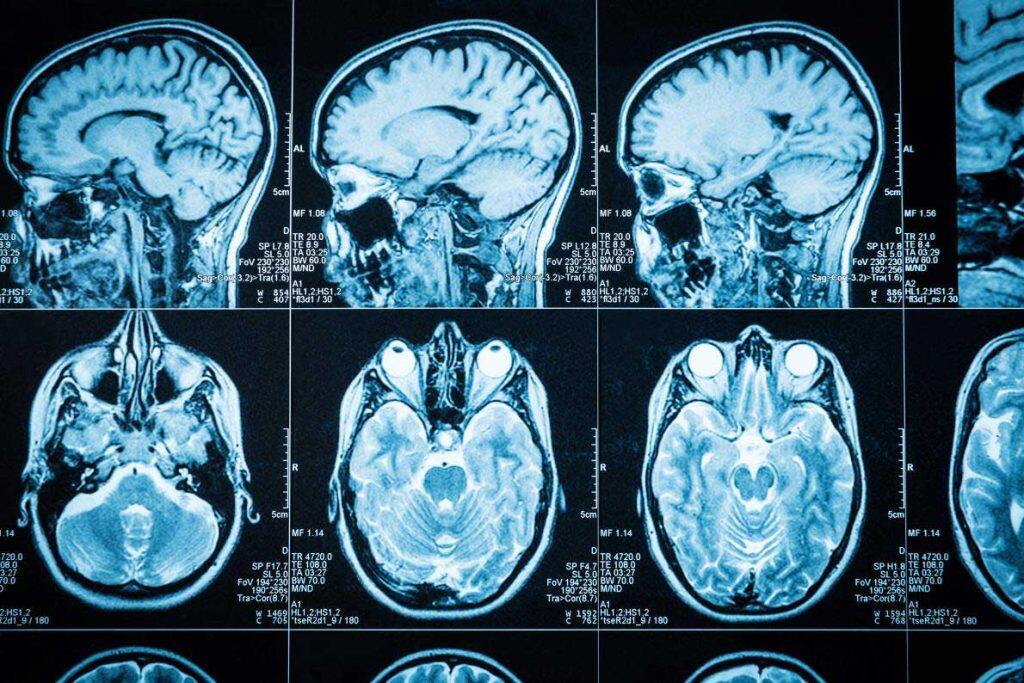The University of Edinburgh is part of a new collaborative research agreement that aims to transform care for people living with dementia.


The collaboration, named NEURii, will explore the use of data and digital solutions to complement approved treatment options for patients and solve issues related to the prediction, prevention, management, and treatment of dementia.
It aims to translate world-class data, neurology and digital sciences into projects that can enhance the quality of life of people living with dementia.
The two-year collaboration involves global pharmaceutical company Eisai, Bill Gates’ private office Gates Ventures, Health Data Research UK (HDR UK) and medical research not-for-profit LifeArc.
The partnership was formalised and managed by Edinburgh Innovations, the University of Edinburgh’s commercialisation service.
Machine learning
NEURii will use high-quality data, artificial intelligence and machine learning to deliver initial pilot projects that have the potential to make a meaningful difference to patients’ lives while maintaining data security and public trust.
By combining diverse digital biomarkers that can be acquired non-invasively in real world clinical and non-clinical settings (e.g. speech from conversation) with health data, and analysing them with tailored AI algorithms, NEURii will create innovative digital solutions.
NEURii will use real-world data to measure the impact of these projects and explore further opportunities to scale up its digital health efforts across the UK and beyond.
“The University of Edinburgh is delighted to be part of this ambitious cross-sector digital partnership that has, as an explicit goal, the creation of low cost and globally scalable digital tools to predict and monitor dementia.”
Professor Siddharthan ChandranNEURrii academic lead and Dean of Clinical Medicine at the University of Edinburgh
Early detection
It is estimated that more than 55 million people are currently living with dementia in the world and nearly one million in the UK, and this number is expected to grow rapidly.
As well as having a significant impact on the lives of patients and those who care for them (52 per cent of the UK public knows someone who has been diagnosed with a form of dementia), these conditions place significant pressure on health and social care systems.
Providing data-driven solutions that complement existing treatments could help to improve earlier detection and diagnosis, evidence-based treatment decision-making, monitoring of disease progression and maintenance of quality of life.
By bringing together the expertise and capabilities of the NEURii collaborators, it is hoped the novel approach will provide an exciting launch pad for new transformational digital products that can contribute to solving the ongoing challenges of dementia and neurodegenerative conditions.
“This partnership has been sustained by one core idea – that to meet wickedly complex global challenges such as dementia, new, innovative kinds of international collaboration are required.
We hope that by bringing together data with global research and industry expertise in this way, we will be eventually able tackle dementia earlier, at a pre-symptomatic stage, reducing the impacts on society and improving the lives of patients and others affected by this cruel condition.”
Dr Andrea TaylorHead of Strategic Partnerships at Edinburgh Innovations
“AI and other advanced technologies are beginning to play a powerful role in medical research. I’m excited about how the NEURii collaboration will apply these tools to diagnostics research and drug discovery, and contribute to breakthroughs that can improve life for millions of people suffering with dementia and dementia-related illnesses.”
Dr Niranjan BoseManaging Director of Health & Life Sciences at Gates Ventures








































